
Probably, Not Prolly!
Do you cringe when someone scratches her fingernails down a blackboard or clicks her teeth against a metal utensil?…
January 18, 2019
Do you cringe when someone scratches her fingernails down a blackboard or clicks her teeth against a metal utensil?…
January 18, 2019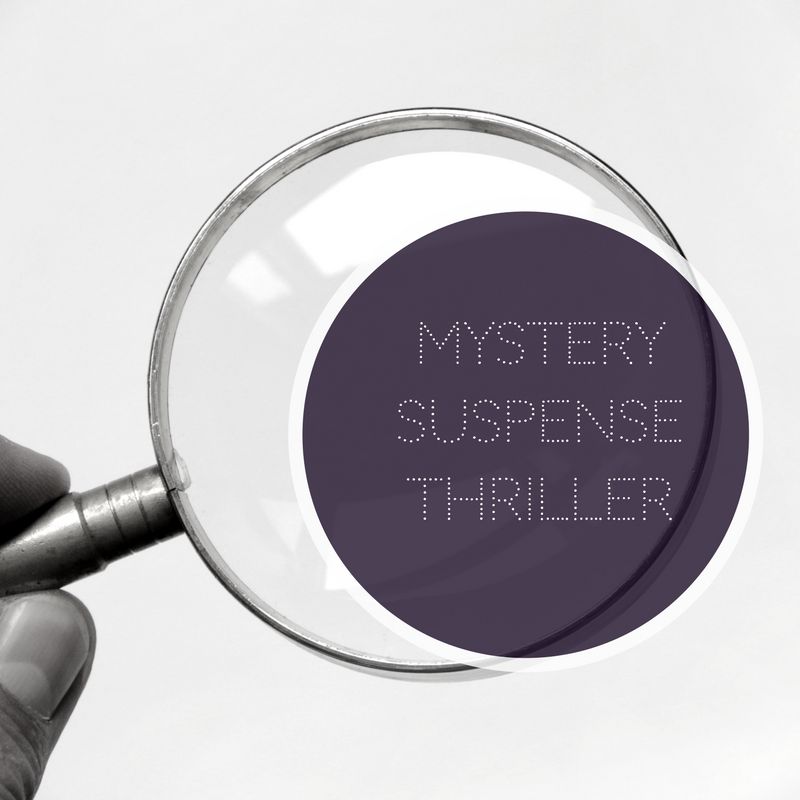
Have you ridden a roller coaster and felt the exhilaration or fear of being tossed about while your feet…
January 17, 2019
FROM THE MANAGING EDITOR: We have the distinct pleasure of again announcing that Almost an Author has made the…
January 16, 2019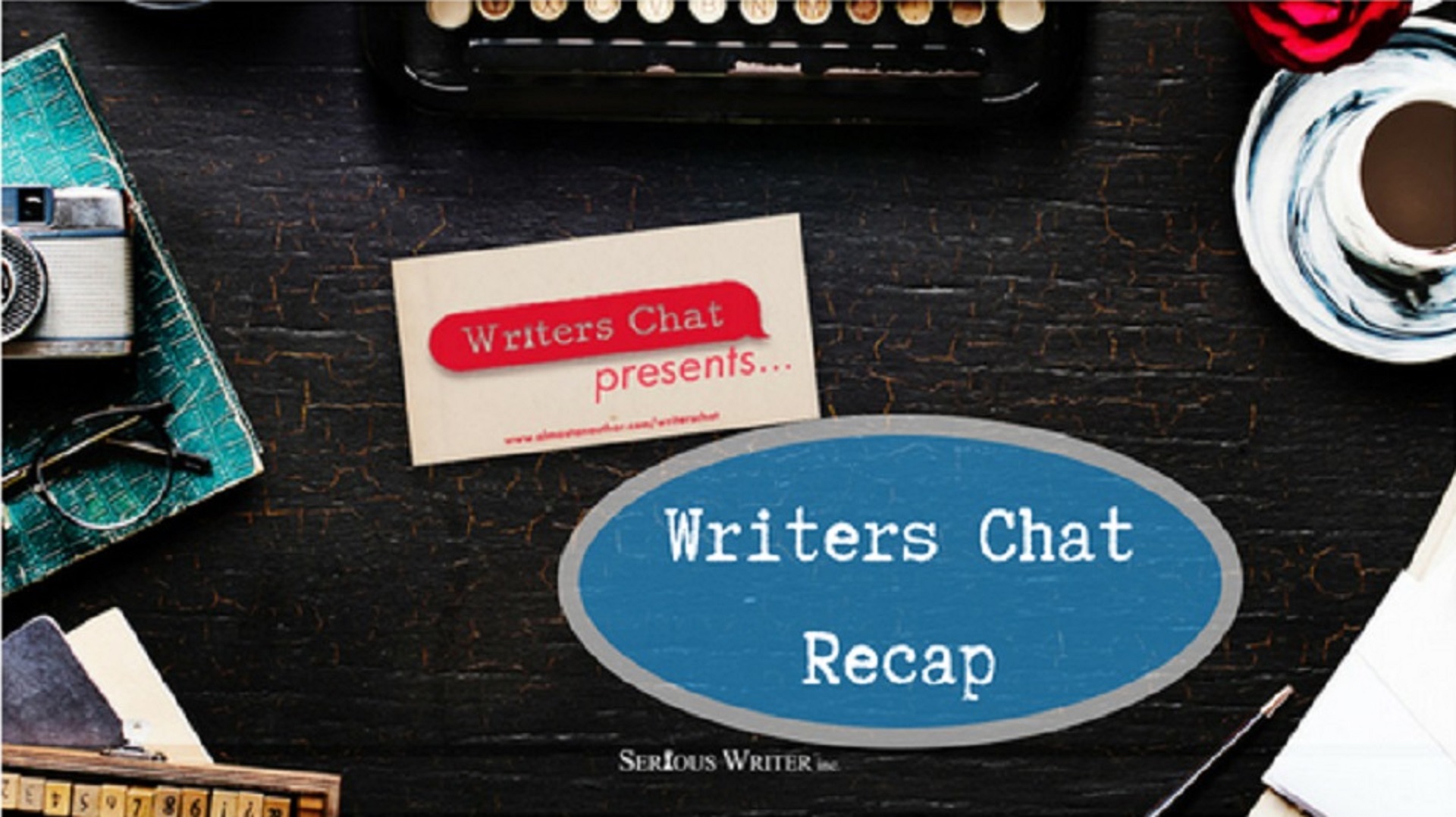
Writers Chat, hosted by Jean Wise, Johnnie Alexander, and Bethany Jett, is the show where we talk about all…
January 15, 2019
Writers just beginning to write articles look around them and the big question becomes, “I know some of the…
January 14, 2019
If you are an author, a human being writing for other human beings, you have been blessed with a…
January 12, 2019
Have you ever thrown your hands up in defeat after reading your manuscript and groaned, “Someone Call 911!?” Maybe…
January 11, 2019
In October, we discussed keywords. There are two main goals when selecting your seven keywords: 1) to find words…
January 10, 2019
What? How can I be more productive if I work less? It may not make sense, but it’s true.…
January 8, 2019
So, you’re a writer. And you’d like to write fantasy and science fiction. You have a great idea for…
January 7, 2019
Since it is the dawn of a new year, let’s discuss those dreaded resolutions. I have been resolving to…
January 6, 2019
When I first started pursuing a career as a writer of the screenplays and began learning the craft, I…
January 4, 2019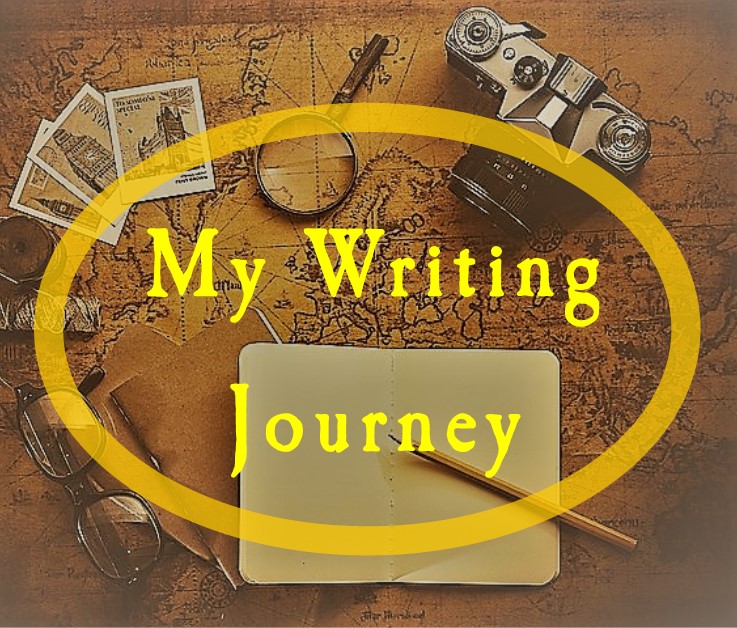
All too often we’re shallow enough to think the prize is worth the journey. Really it’s the journey that’s…
January 3, 2019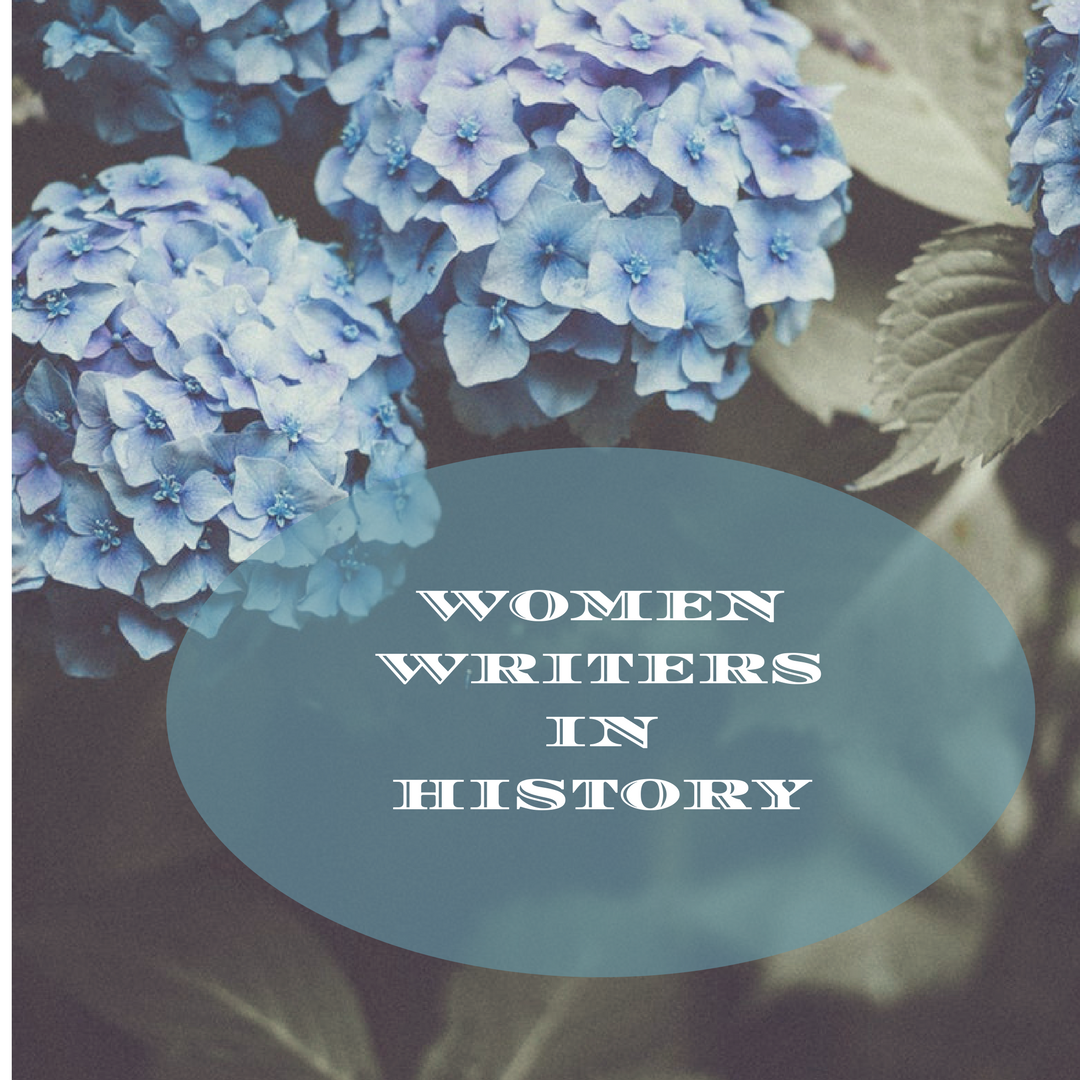
I stash books in every corner of my home. There’s not a single wall in my house where you…
January 2, 2019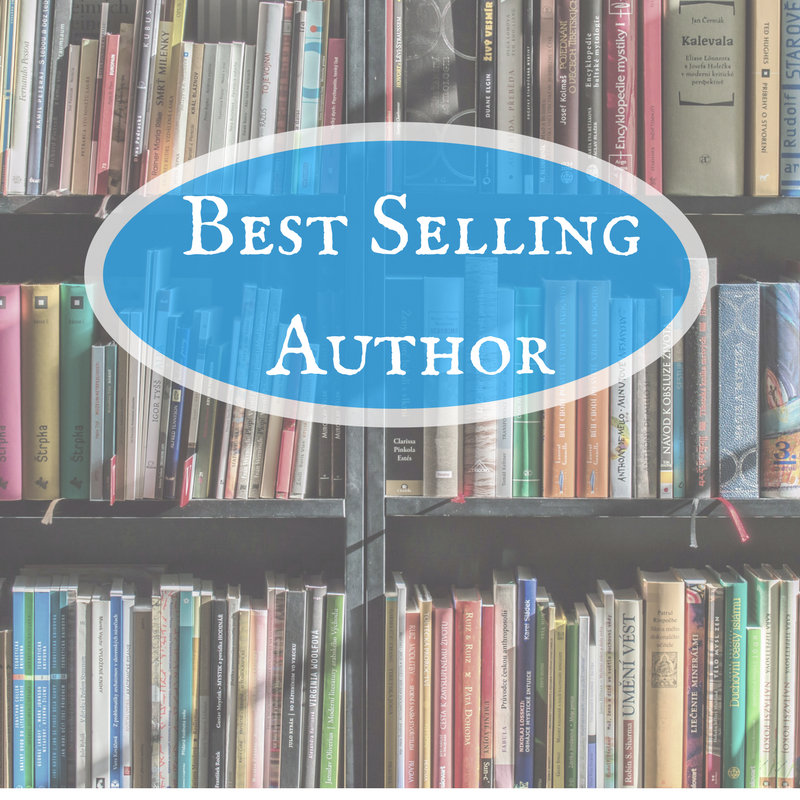
Can you share a little about your recent book? Obsessed (second book in Everyday Heroes Series) blurb: Stalker. Arson.…
January 1, 2019
Writers Chat, hosted by Jean Wise, Johnnie Alexander, and Bethany Jett, is the show where we talk about all…
December 31, 2018
Last month I shared I was emotionally struggling with writing; I hope my post encouraged others to keep pressing…
December 29, 2018
When we think of songwriting, we often think of the lyrics—that is, the actual words spewing from our lips.…
December 28, 2018
Everything feels magical at the holidays. More smiles. More laughter. More glitter. Here are some ways to sprinkle holiday…
December 27, 2018
Jan Drexler lives near in the Black Hills of South Dakota where she often goes hiking when she’s not…
December 26, 2018
In the rush to show a literary agent or editor your idea, many writers forget a simple yet important…
December 25, 2018
The saying, “You only have one chance to make a good first impression” holds true in the blogging world.…
December 24, 2018
Have you ever wondered what the opposite sex is thinking while you’re thinking? Men, as a rule, think in…
December 23, 2018
We’re heading into a New Year. Perhaps you’ve finished a novel during Nanowrimo. Maybe you’re plotting a new story…
December 22, 2018
Christmas is usually crammed full of jingle bells and jolly times. But not always, and not for everyone. Just…
December 21, 2018



